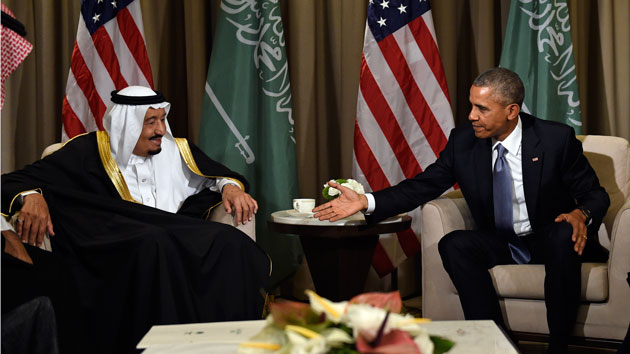
petrmalinak/Shutterstock
For at least a decade, a 350-pound Malaysian defense contractor nicknamed “Fat Leonard” ingratiated himself with the US Navy’s Seventh Fleet—and then swindled it out of millions of dollars by overcharging for basic services. Leonard Glenn Francis seduced high-ranking officers with everything from booze, cigars, and Lady Gaga concert tickets to prostitutes, vacations, and cash bribes so they’d turn a blind eye as he gouged the Navy on refueling and resupplying when its ships stopped in the ports run by his business, Glenn Defense Marine Asia.
By the time of his arrest in a late-2013 sting operation, Francis held $200 million worth of contracts with the Navy. In 2015, he pleaded guilty to bribery, conspiracy to commit bribery, and conspiracy to defraud the United States. His downfall revealed a chain of corruption that continues to bring down Navy brass. In early June, Rear Admiral Robert Gilbeau became the fourteenth person indicted in the scandal, and prosecutors have said that 200 people are under scrutiny.
As shocking as the Fat Leonard case may sound, it isn’t particularly unusual in the world of weapons contracting. A new report from the Berlin-based monitoring group Transparency International reveals that middlemen, or “agents,” working on behalf of defense companies on the global arms market are at the center of many corruption scandals. As Katherine Dixon, the director of Transparency International’s Defence and Security Programme, pointed out on the site War On the Rocks, intermediaries like Francis were involved in more than 90 percent of reported Foreign Corruption Act cases in 2013.
TI found that 53 percent of the markets the United States exports major conventional weapons to have a high to critical risk of corruption. Take Saudi Arabia and the Gulf States, “places where there is extremely weak anti-corruption mechanisms in place,” explains Leah Wawro, TI’s program manager on conflict and insecurity. “In certain places where there’s an autocratic government, where corruption is rife, the government isn’t really even in place to govern, it’s designed to support the interests of the narrow military and security elite. In places like that, you can assume a very, very high risk of corruption.”
Agents work in close quarters with public officials, acting as legitimate company representatives on defense deals. (They shouldn’t be confused with arms brokers, who operate as independent intermediaries facilitating arms deals.) But they are not subject to much scrutiny or auditing, leaving room for them to act on their own to buy influence with public officials. Plus, Wawro says, companies hire agents “to do their dirty work,” such as facilitating “corrupt payments in order to win contracts.”
The TI report makes clear that corrupt arms deals fuel global instability and threaten national security. “There’s an instinctive reaction that the way to maintain important allies and to be a good friend to a security partner is to provide them with arms,” Wawro says. However, she adds, “We continue to provide arms to incredibly fragile systems.” She cites Egypt and Jordan—two countries where the United States is encouraging American defense companies to sell weapons. Just days before Transparency International released its findings, the New York Times reported that millions of dollars worth of weapons shipped by the CIA into Jordan for Syrian rebels were stolen and sold to black market arms merchants.














